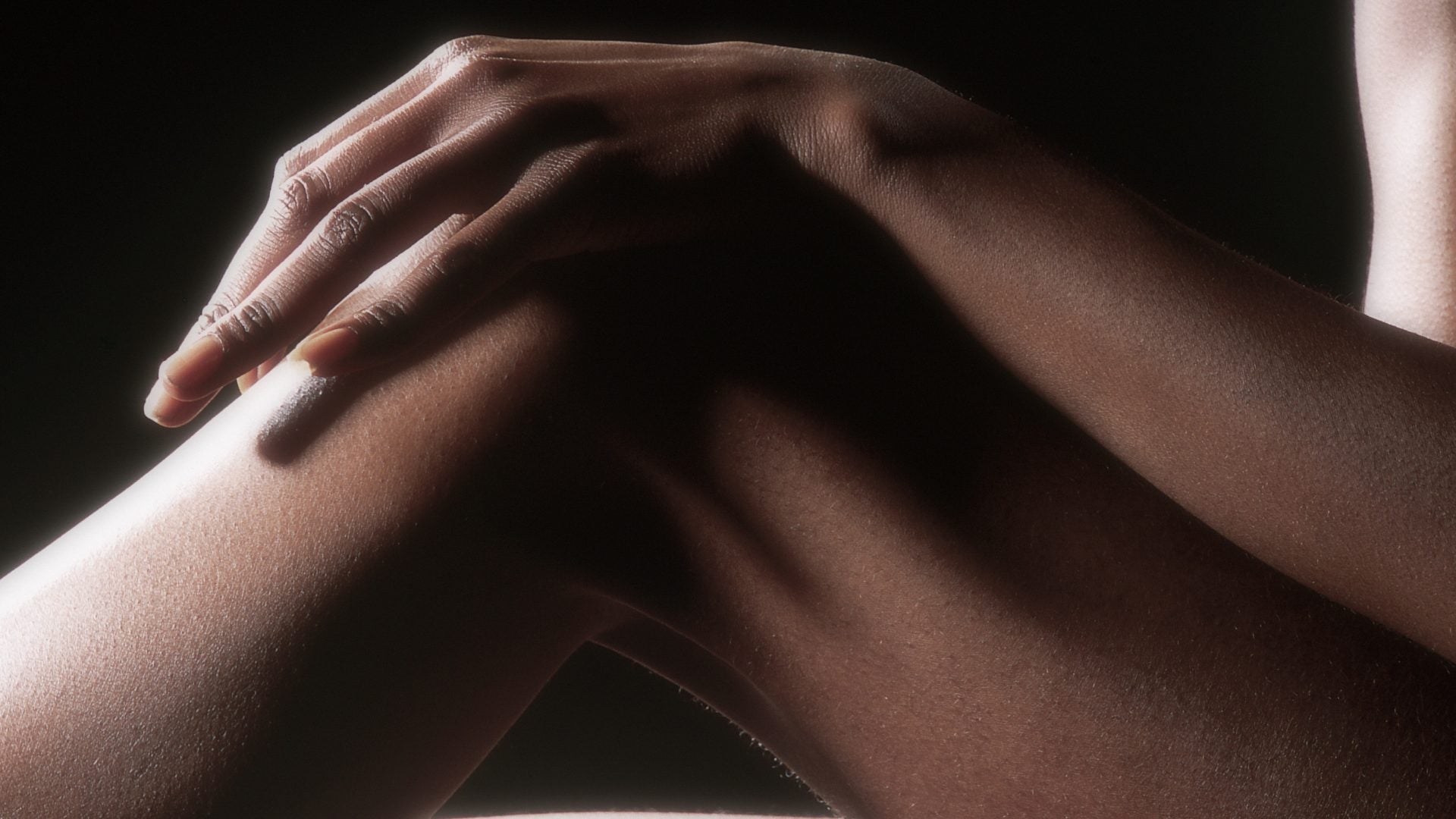
According to the NIH, cellulite is an extremely common skin condition occurring in 80-90% of women. Despite this, the dimpling texture on our thighs, butt and hips can often be a source of insecurity. Case in point: tabloids were known for ripping into celebrities, like Kim Kardashian and Britney Spears, berating them for “losing the fight to cellulite.”
But in our 2022 digital cover story, Lizzo fought back. “I love normalizing the dimples in my butt or the lumps in my thighs or my back fat or my stretch marks,” she told ESSENCE. Still, cellulite is often seen as a problem to get rid of. However, “it is very difficult to treat,” says Dr. Rosemarie Ingleton, dermatologist and medical director at Ingleton Dermatology. From caffeinated cream to injectables, “no current treatments will remove it one hundred percent.”
But among those available, research shows that laser therapy, subcision and vacuum suctioning render the best results for cellulite removal. It’s worth noting, though, that several sessions are needed to see results. “Many of these treatments produce some improvement in the short term,” adds Dr. Steven Williams, board-certified surgeon and President of the American Society of Plastic Surgeons. “The challenge is that long-term results can be more variable.”
Below, Dr. Ingleton and Dr. Williams weigh in on the latest professional treatments to reduce cellulite– and what results you can expect.
What causes cellulite?
“It is caused by normal anatomic connections between the skin and the underlying tissue,” says Dr. Williams. “It is more common as we get older and if we have a few extra pounds,” citing that skin laxity and weight can increase its visibility. As for location, “It looks the same regardless of where it occurs on the body,” adds Dr. Ingleton, comparing the texture to an orange peel.
Cellfina™ subcision
“Newer minimally invasive techniques involve ‘subcising’ or cutting the connections of the skin to the deeper tissue,” says Dr. Williams. “[Cellfina] involves inserting a needle into the skin to break up the tough bands that cause cellulite,” adds Dr. Ingleton. In a study of 232 patients, the research found that 99% of people were satisfied with the results, which last up to two years or longer.
The treatment is FDA-approved and typically takes less than one hour to mark, numb and treat the cellulite, along with a 24-hour downtime. Dr. Williams notes “the challenge with this technique is that cutting those bands typically results in a small amount of scar tissue forming where the band is,” he says, replicating the cause of the cellulite.
Mechanical suctioning
Known as endermologie, mechanical suctioning is a “deep massage that also lifts the skin in a vacuum,” says Dr. Ingleton. This vacuum-assisted technique stimulates the skin and fatty tissue to release fat and increase circulation. You may have also heard of a lymphatic drainage massage which can help flush out the excess liquids cellulite stores up, and like other endermologie techniques, may tighten the skin. A limited study shows this treatment resulted in less cellulite in patients for up to three years, if not longer.
Cellulaze™ laser
From acne to stretch marks and hair removal, laser treatments are a proven solution to many of our beauty concerns.“[Cellulaze is used] to break up the tight fibrous bands using laser energy,” says Dr. Ingleton. According to the AAD, Cellulaze is a minimally invasive treatment which can notably thicken the skin that cellulite tends to thin out. Although more research is needed, results can last six months or more, however dimpling usually returns.
Topical creams containing caffeine or 0.3% retinol
“Previous treatments have revolved around hydrating the skin to improve elasticity,” says Dr. Williams. But like most techniques, “these treatments are usually temporary.” Topical creams that contain caffeine dehydrate the cells making cellulite less visible. While the popular active, retinol, can thicken the skin but consistent use for at least six months is required.
Mesotherapy
Popularly used to target facial wrinkles and folds, injectables are a buzzword in skincare. In the context of cellulite, “sometimes injecting a small amount of fat can decrease the scar tissue that can cause recurrence of the cellulite,” says Dr. Williams. “But this typically is only effective in larger, deeper cellulite zones.” According to the NIH, mesotherapy is a rejuvenation technique that injects caffeine, hormones, enzymes and other solutions into the body to reduce dimpling. But the bottom line remains. “The efficacy of most treatments is unpredictable and improvements in cellulite appearance is short lived,” reads a 2023 NIH report.
Arguably, instead of staring in the mirror judging your orange peel skin, the best you can do is make like Lizzo and appreciate every curve and texture you (and 90% of other women) have.